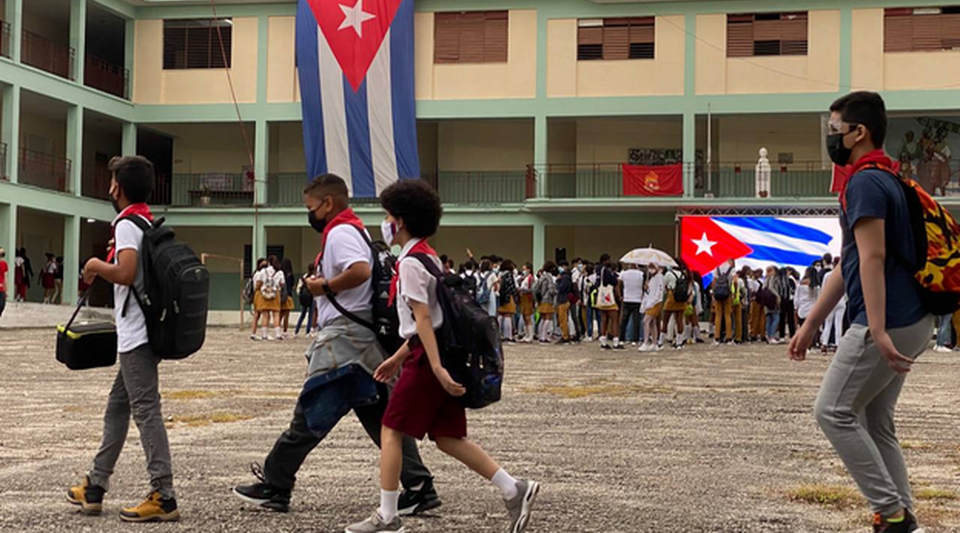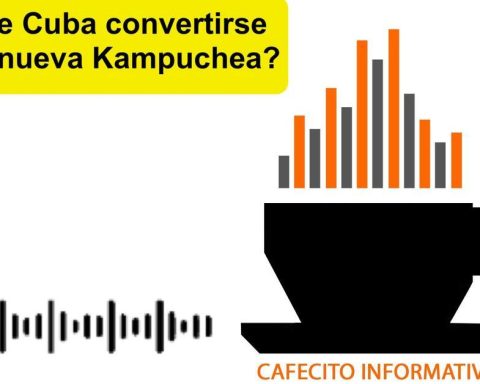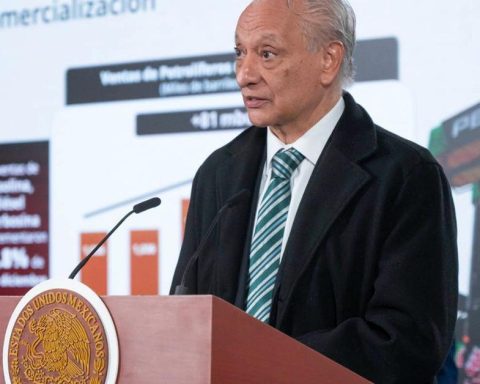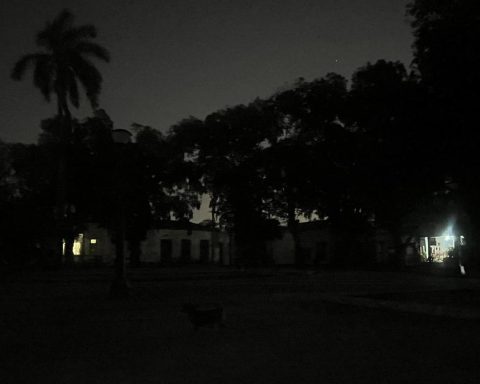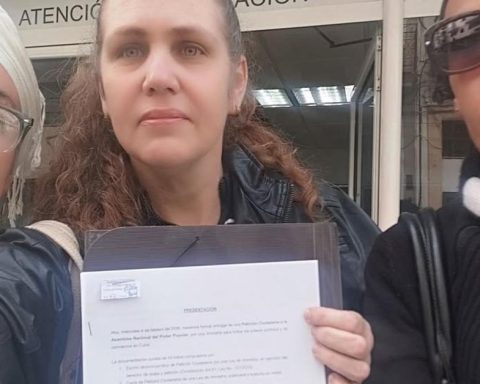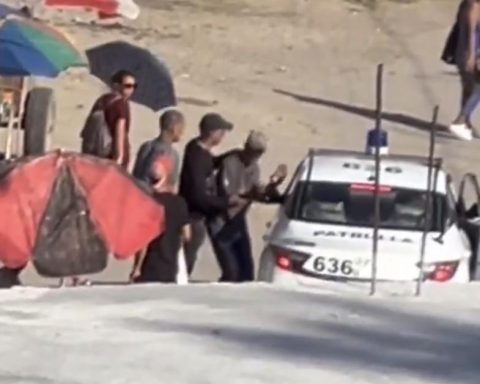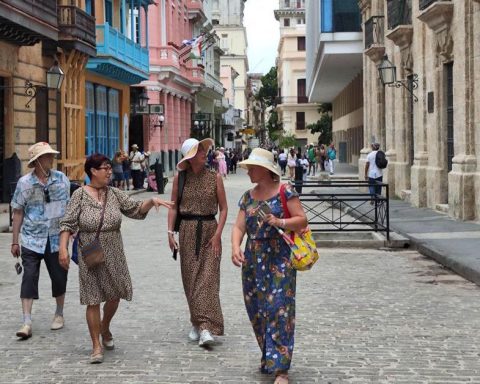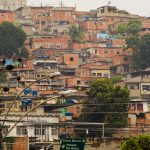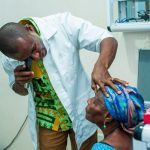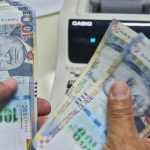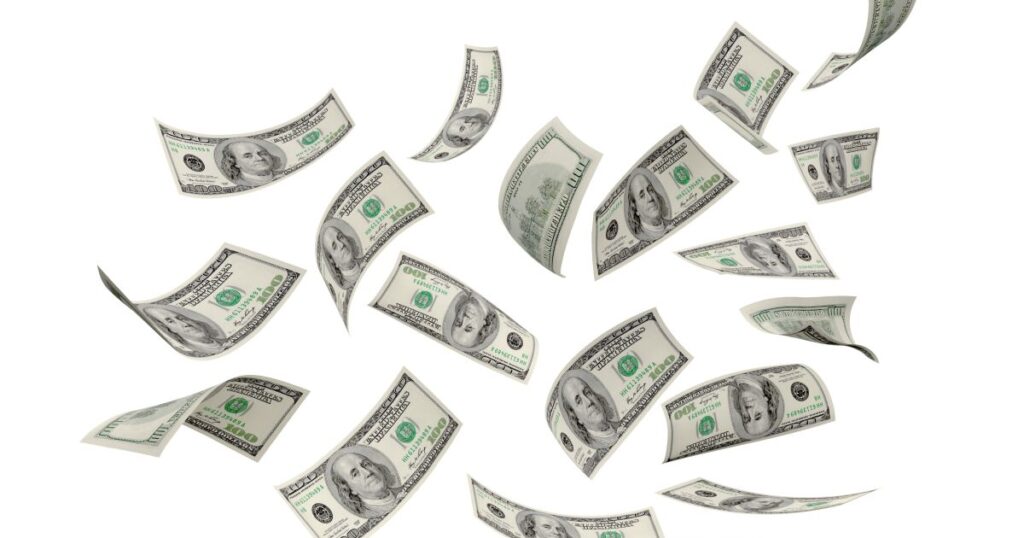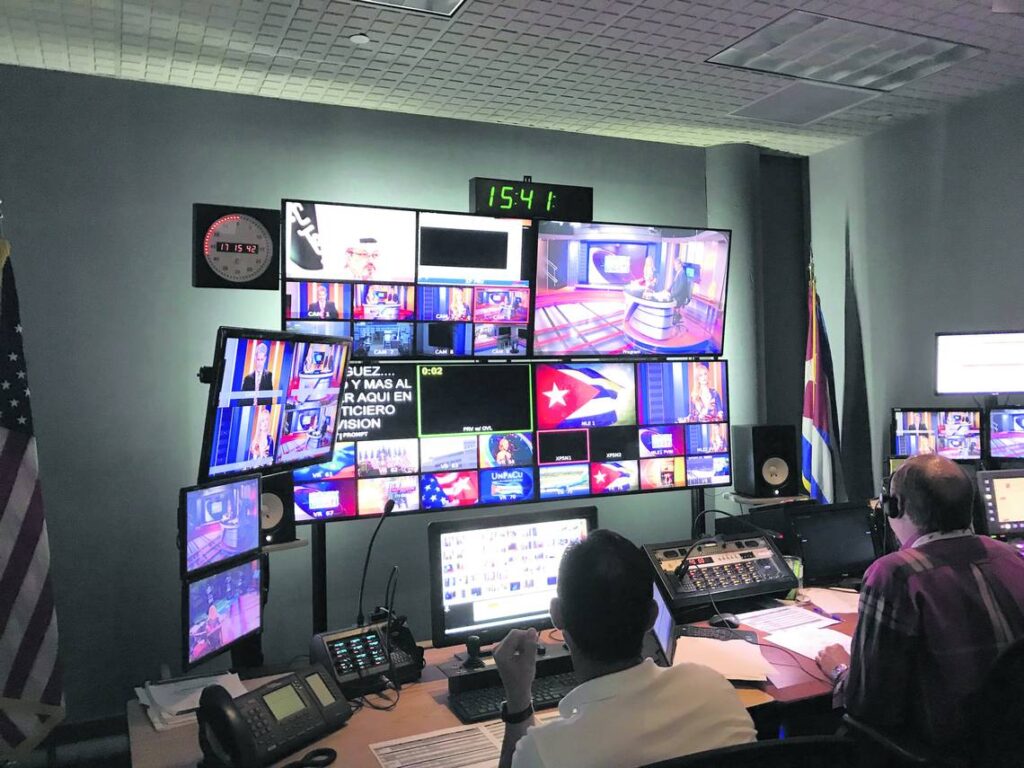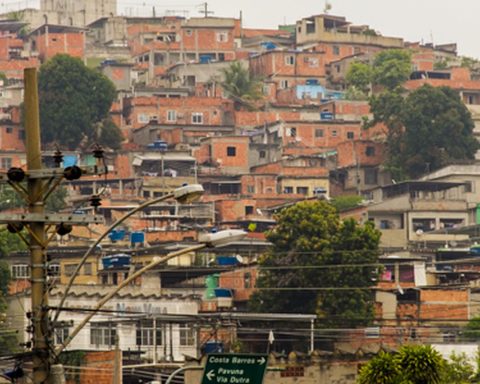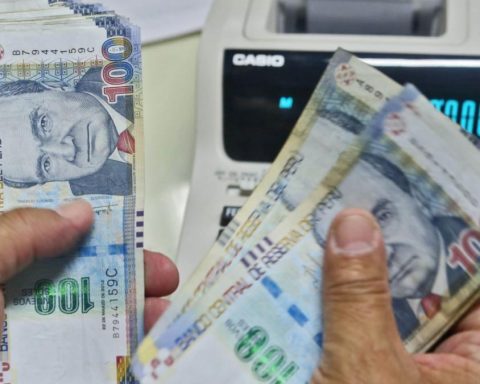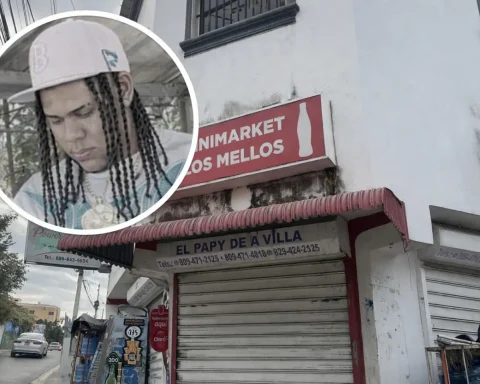After two years of ups and downs, between the forced confinement of the pandemic and the economic crisis, the start of the school year in September is causing more than one race in Cuban homes. The return to classes will take place in the midst of high inflation that makes everything from shoes to snacks that students need more expensive.
Parents wonder what this new teaching beginning will be like with the long blackouts that plague the Island, the shortage of flour that has sunk bread production, so necessary for school snacks, and the loss of value of the Cuban peso against the foreign currency, in a country where only in stores in freely convertible currency you can buy shoes or a backpack.
Given the succulent slice they can get from the sale of school accessories, even several restaurants that sell their products through the Internet have added offers that have nothing to do with food. Backpacks for children at 60 dollars, bags to carry snacks, bottles for water, pencils and erasers now alternate with their plates of lasagna or fried rice.
“School module for girls,” reads one of these options, which for $120 includes a backpack, a couple of notebooks and other supplies needed in class. Home delivery in Havana can add about ten dollars more but in the province it can be even more expensive to receive. Having a family abroad to finance the purchase is essential in this case, because the payment is made on-line with Visa or Mastercard cards.
“I have to take care of my uniform, because when I finish high school I have to donate it to a cousin of mine who is just starting”
Those who do not have emigrated relatives must then buy school supplies in Cuban pesos, at the exchange rate with the dollar that is current in the market at that time. Translated into the national currency, the price of a small backpack bought in Panama can exceed 2,000 pesos, plus 300 for shipping to the house.
As for the school uniform, the nightmare is no less pressing. “I’ve been wearing this uniform since the tenth grade,” he tells 14ymedio a student from Sancti Spíritus about to start his last year of high school.
“They give you uniforms in all three grades, but nobody remembers the ‘growth’ of 17 years. In eleventh grade my mother had to ask for another pair of pants and ‘fall behind’ for the officials to solve it for her,” she says.
She is lucky that her mother is a seamstress, otherwise everything would be tight on her. “On top of that, polyester fabric is very hot and fades easily,” she laments. In the middle of the year, the family had to pay dearly for a few meters of fabric to sew extra shirts and pants. “I have to take care of them,” continues the boy, “because when I finish pre-school I have to donate them to a cousin of mine who is just starting out.”
No matter the grade, the municipality of the Island or the family conditions, the student will always be given materials broken by the use of many generations, with books full of Soviet anecdotes, anachronistic for today’s Cuban student.
“My books always have to be ‘passed over'”, says the young man, showing the texts marked with a pencil, drawn on the spine and covers or unbound. “Pencils and notebooks are another story: before, one would go to Artex and there he would solve a mechanical pencil and a couple of notebooks, but now there isn’t even that.”
The Artex group stores used to sell stationery, backpacks and other school supplies. But with the extinction of the convertible Cuban peso (CUC) and the dollarization of the economy, the family can invest very little money in materials that Artex no longer even offers, dedicated almost entirely to the sale of tobacco and handicrafts at outrageous prices.
“The books are almost never enough, the notebooks, which are made of very bad paper, always come in the second or third week, with luck. And the pencils, with a horrible graphite, it is better not to mention,” says the student interviewed by this diary.
The young man uses the same backpack since high school, the shoes are sent to him by a relative from the United States and the rest, such as socks and underwear, must be bought in the informal market.
After two years of zero activity, or hasty and mediocre, the logistics aspect is just one of the edges of the problem. Even primary school students do not feel “safe” in the face of exams if they have not previously paid for several sessions at towel. In many cases, those who offer these support classes to the official program are the same teachers of the student, who have found in the reviews a financial supplement to their meager salaries.
“Another issue is food,” warns the young man, “when you live far from the pre school, you have to bring a snack, because the prices of the picnic areas and palates are priceless. Or if not, to walk home, that to me, for example, I am two kilometers from the school”.
Despite these and other obstacles to learning, such as the lousy school furniture or the lack of hygiene in the bathrooms, triumphant announcements about the start of the new school year proliferate in the official press.
Those Cubans who expose reality are harassed by State Security, as happened with Trilce Denis, a Havana mother
“The material base of study is assured both in the internal and semi-internal centers,” lies the daily Tribune of Havanaalthough he discreetly admits the deficit of 4,000 teachers in the capital’s classrooms, which will be covered “with various alternatives.”
“Completing the faculty and guaranteeing retention” are the priorities of the new course at the Artemisa pedagogical school, it states a local newspaper, although it does not specify what measures will be taken to achieve this goal when there are only 77 places out of the 122 that should be filled.
In the continuous tours of the provinces of the Minister of Education, Ana Elsa Velázquez, the directors of the sector formulate the same guarantees: the State has resolved all the weak points, everything has been repaired and the outlook is positive.
The domestic reality, the complaints of the mothers in the social networks and the external aspect of the schools suggest the opposite. Those Cubans who expose reality are harassed by State Security, as happened with Trilce Denis, a mother from Havana who denounced in a direct transmission the difficulty of starting the course in such precarious conditions.
“I want to know, on the 7th when school starts, what snack is going to be brought to the children,” said Denis, upset. “Today I decided that I am not going to send my son,” she concluded.
________________________
Collaborate with our work:
The team of 14ymedio is committed to doing serious journalism that reflects the reality of deep Cuba. Thank you for joining us on this long road. We invite you to continue supporting us, but this time becoming a member of our newspaper. Together we can continue transforming journalism in Cuba.
